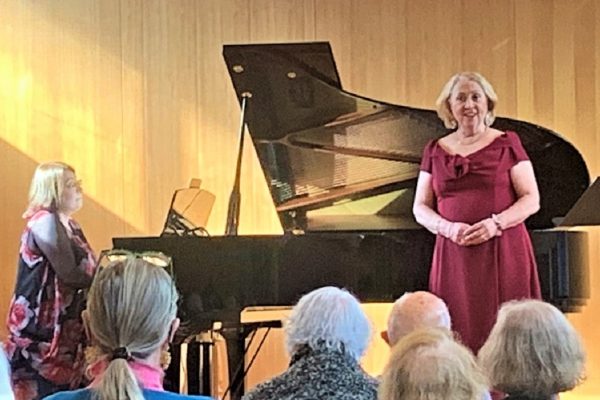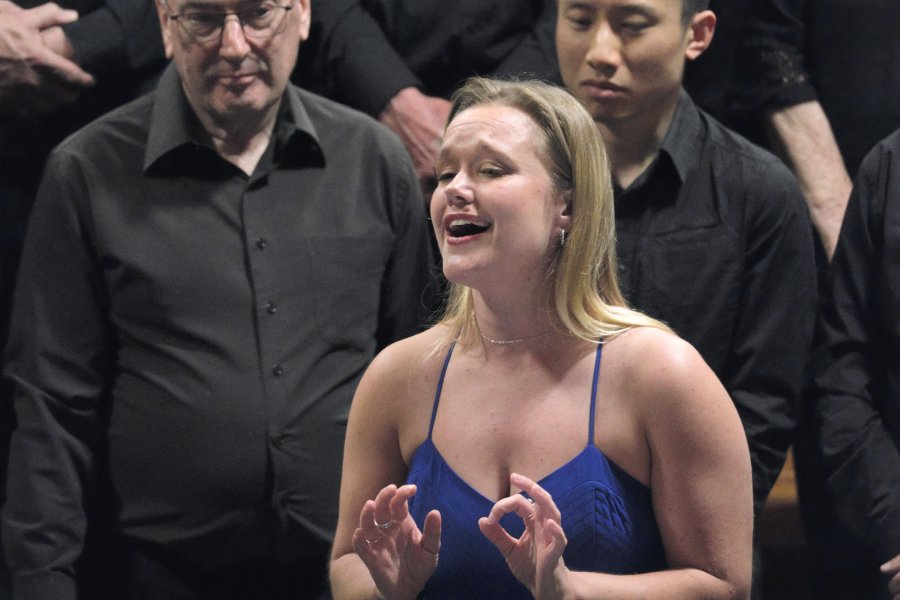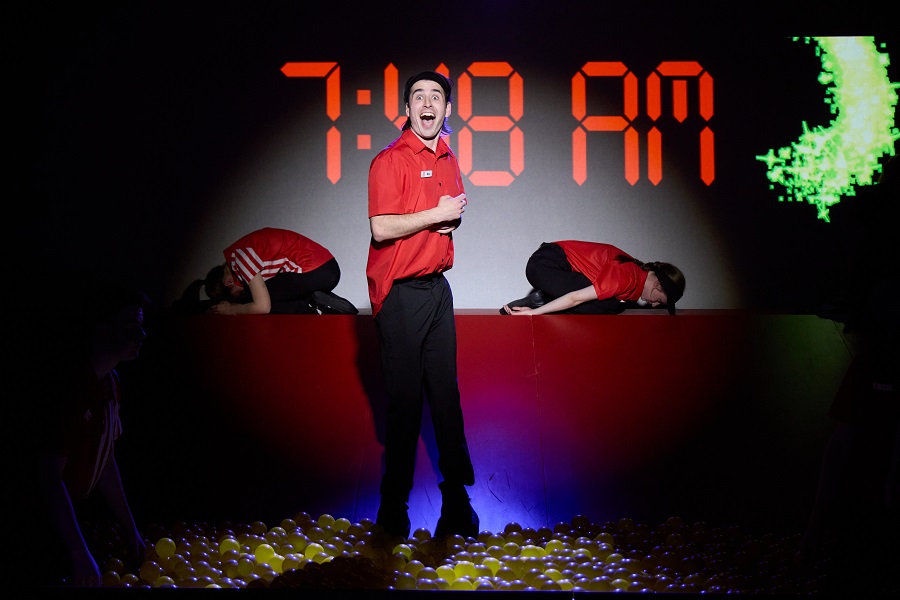
Music / “The Time of Roses”. At Wesley Music Centre, October 16. Reviewed by DANTE COSTA.
ART Song Canberra’s “The Time of Roses” was presented by mezzo-soprano Jill Sullivan and pianist Donna Balson who explored the flowering of the romantic lied.
The duo set the audience adrift with the divine sounds, while following the Lied’s development over the years through the works of various composers. Throughout the cleverly curated program, roses served as a motif in a story that symbolised the human life cycle and a spectrum of emotions from love and excitement to grief and sadness.
Opening with Beethoven’s “Adelaide Op.46”, Sullivan and Balson’s presence immediately lit up the room. The piece was well balanced and subtle, which demonstrated a high degree of musicality by the duo. This was then followed by Wagner’s “Im Treibhaus” and “Träume”, which offered a heavier, more solemn mood. Sullivan’s subtle inflections conjured up the music’s emotional character and notions of being sunken under the intoxicating power of love and desire for something unattainable.
Inspired by an old Irish folk song, Mendelssohn’s “Fantasia in E major – The Last Rose of Summer” was performed for solo piano. Balson’s playing was incredibly sensitive and tender, which portrayed an image of a lonely rose, nearing the end of its life in the summer heat. The notes flew effortlessly under her fingers as the sparsely ornamented melody developed in a theme and variation – or rather what Balson suggested as “improvisation and response”.
Combining the next pieces into one seamless work were a set of five lieds by Brahms. A mix of giddy, innocent short works such as “Botschaft Op.47, No.1”, “O komme holde Sommernacht Op.58, No.4”, and “Meine Liebe ist Grün Op.63, No.5” weaved their way around more poignant and plaintive pieces such as “Sapphische Ode Op.94, No.4” and “Immer leise wird mein Schlummer Op.105, No.2”.
Following an interval, the duo resumed the stage with various magical and transient works by Greig, Mahler and Strauß. Balson then presented yet another arrangement of “The Last Rose of Summer,” this time by English composer, Benjamin Britten. Straying from the romantic German Lied theme, this piece was a welcomed nuanced gem in the program. Despite conveying an affection of loneliness and seclusion, the music could not have been more colourful as Balson expressed the rich harmonies on the piano. She moved with such grace and command of her instrument that the music effortlessly wove its way around the room.
The final pieces of the concert were a set of seven compositions by Sibelius; “Flickan kom ifrån Op.37, No.5”, “Illale Op.17, No.6”, “Kom nu hit, Död Op.60, No.1”, “De bägge rosorna Op.88, No.2”, “Norden Op.90, No.1”, “Demanten på marssnön” Op.90, No.6”, and “Svarta Rosor Op.36, No.1”. Seldom performed in favour of more mainstream French, German and, Italian repertoire, these works in Swedish and Finnish were truly stunning. Sullivan’s singing displayed incredible dynamic variety and expression which showcased the range of emotions illustrated in the poems. Her mellow and dulcet lower register was complemented by the light arpeggiated lines of Balson at the piano. The sweep of enthusiasm and innocence of young love through to the notion of intense grief were conveyed convincingly by both musicians.
Concluding with a seemingly more sprightly encore piece, Sullivan and Balson presented a wonderfully curated program that showcased the blooming of the romantic Lied laced with an apt imagery of roses and nature. Overall, it was both a convincing and enjoyable performance.
Who can be trusted?
In a world of spin and confusion, there’s never been a more important time to support independent journalism in Canberra.
If you trust our work online and want to enforce the power of independent voices, I invite you to make a small contribution.
Every dollar of support is invested back into our journalism to help keep citynews.com.au strong and free.
Thank you,
Ian Meikle, editor




Leave a Reply